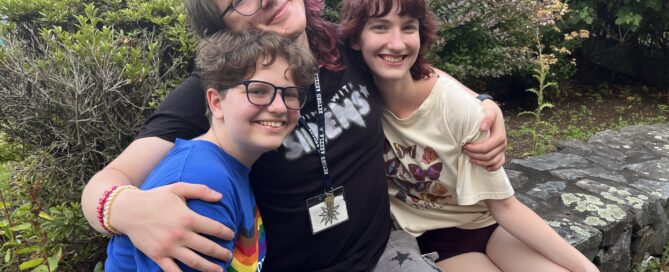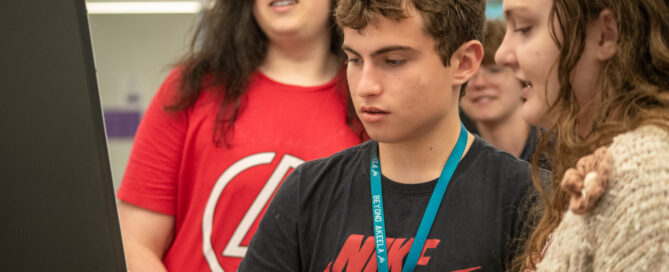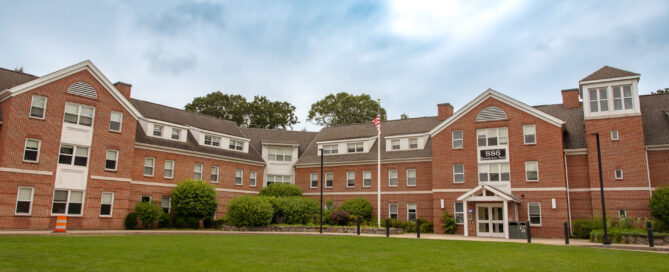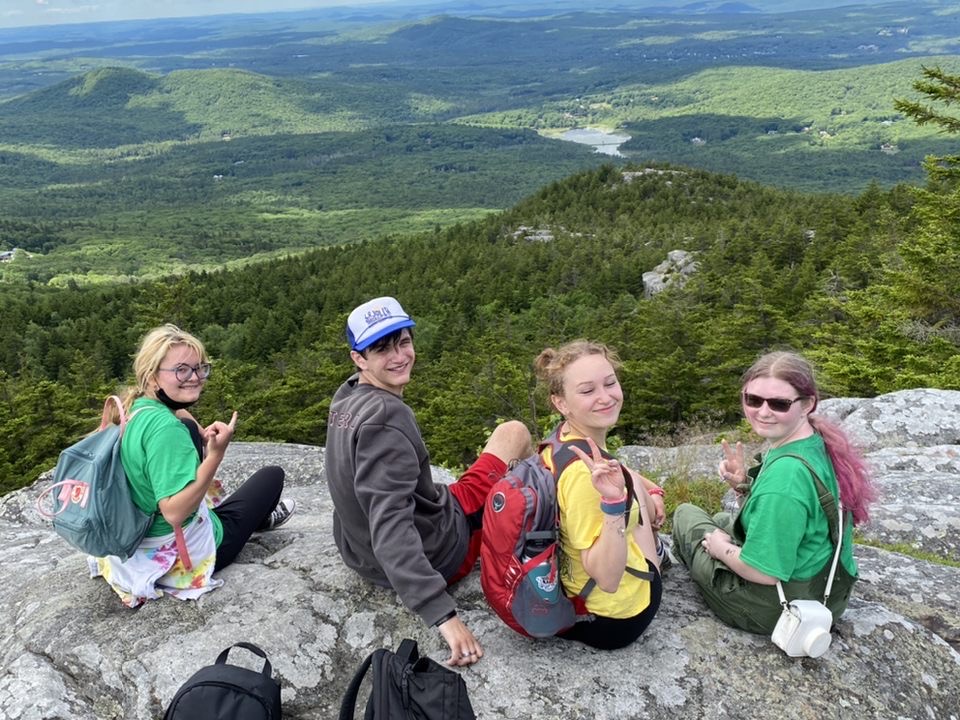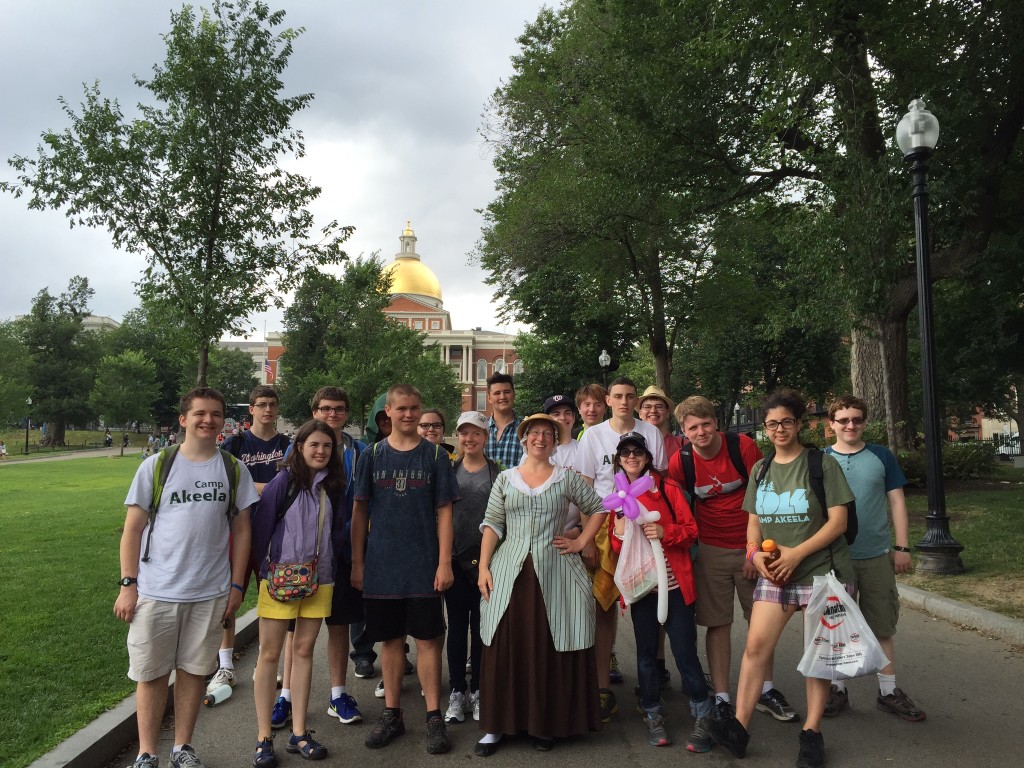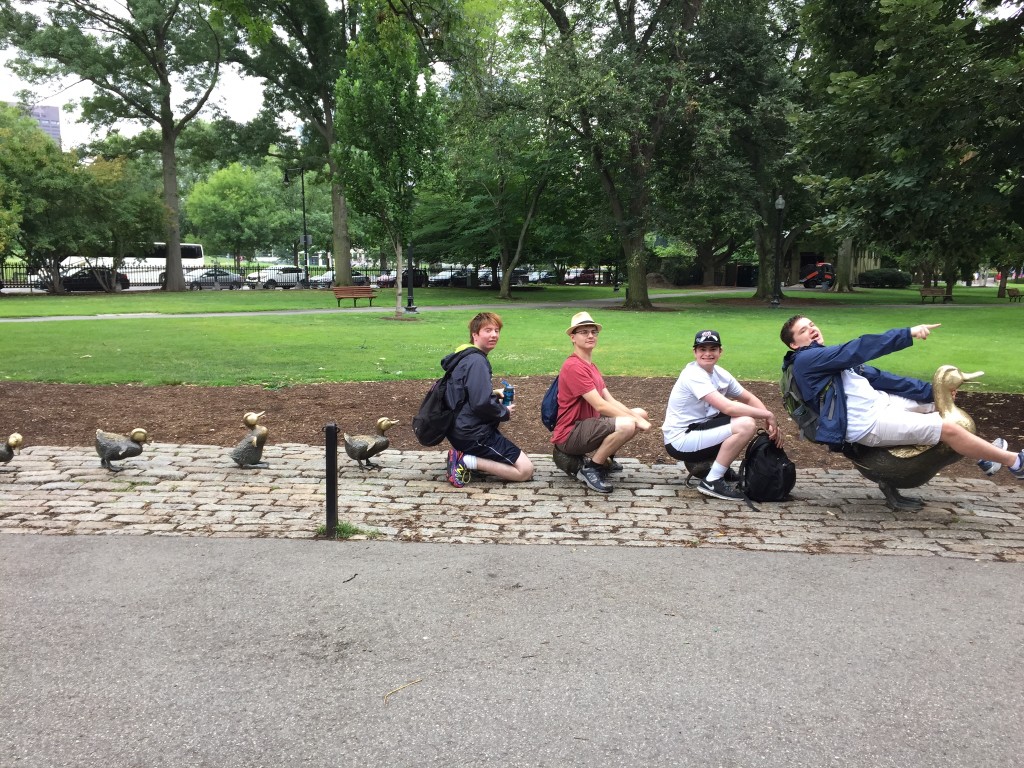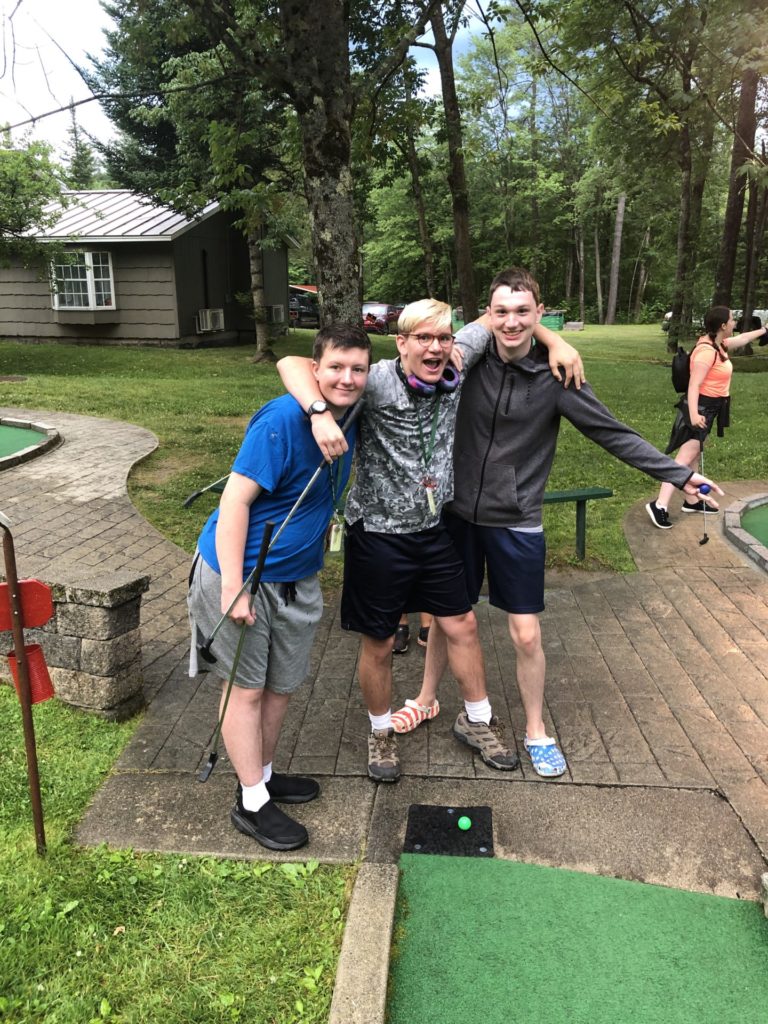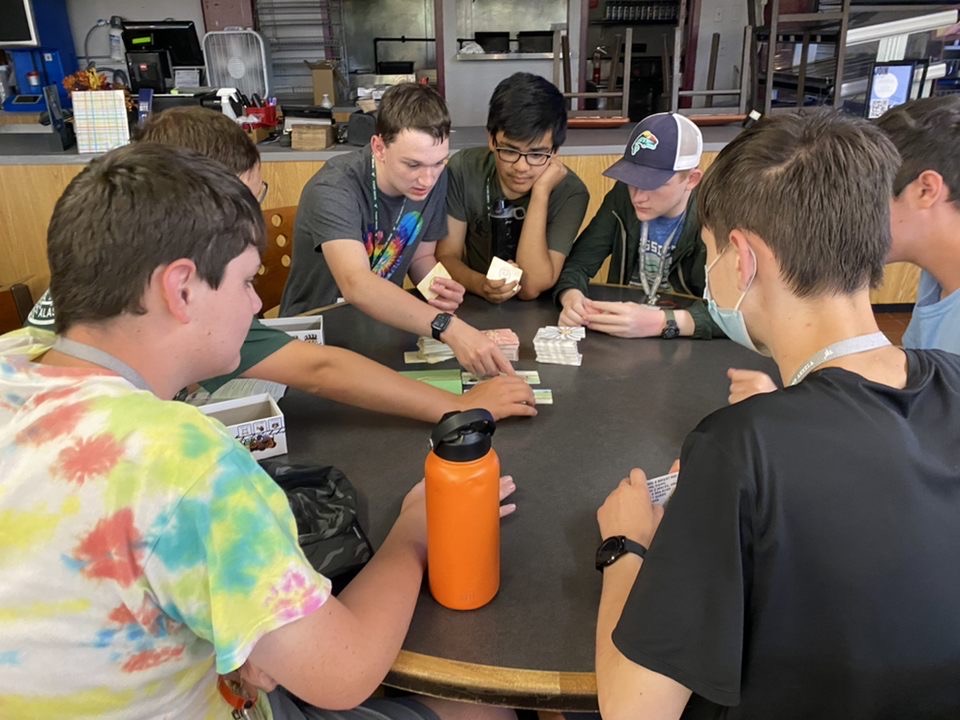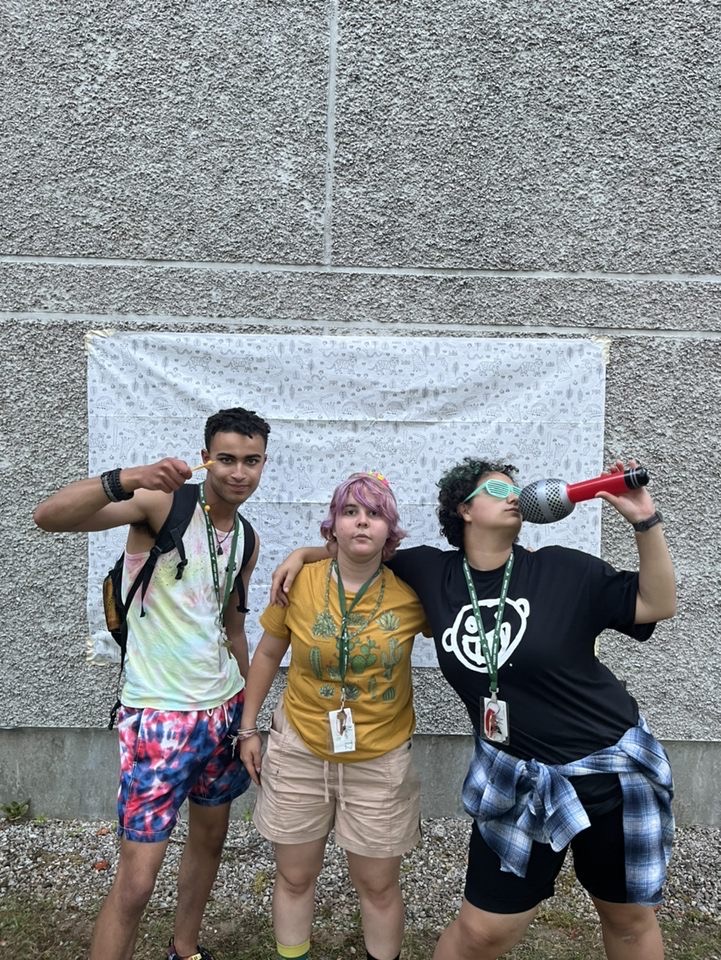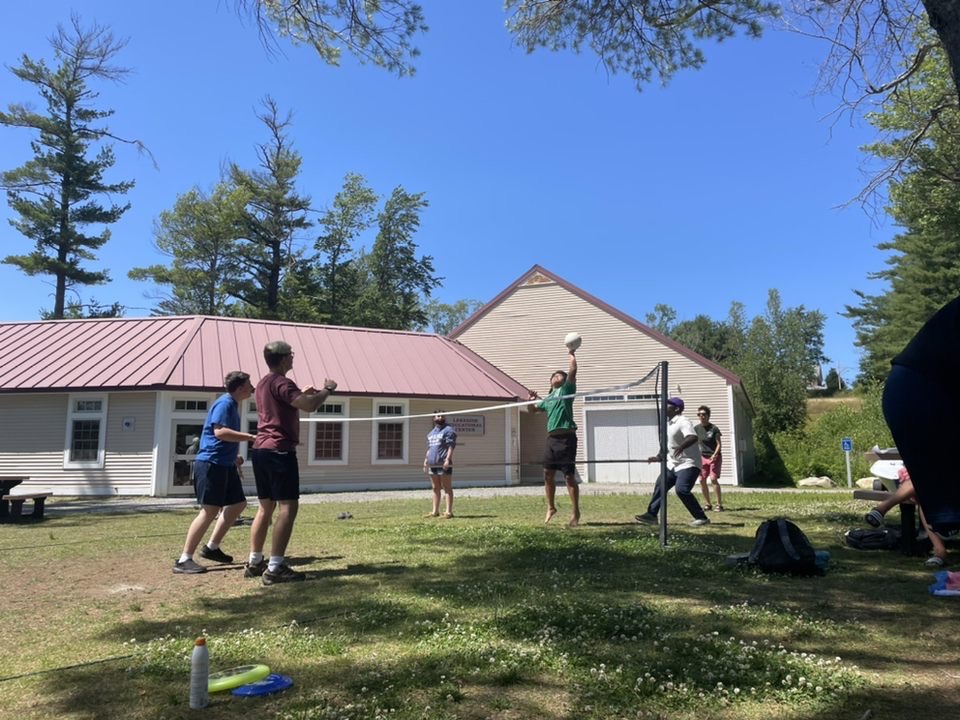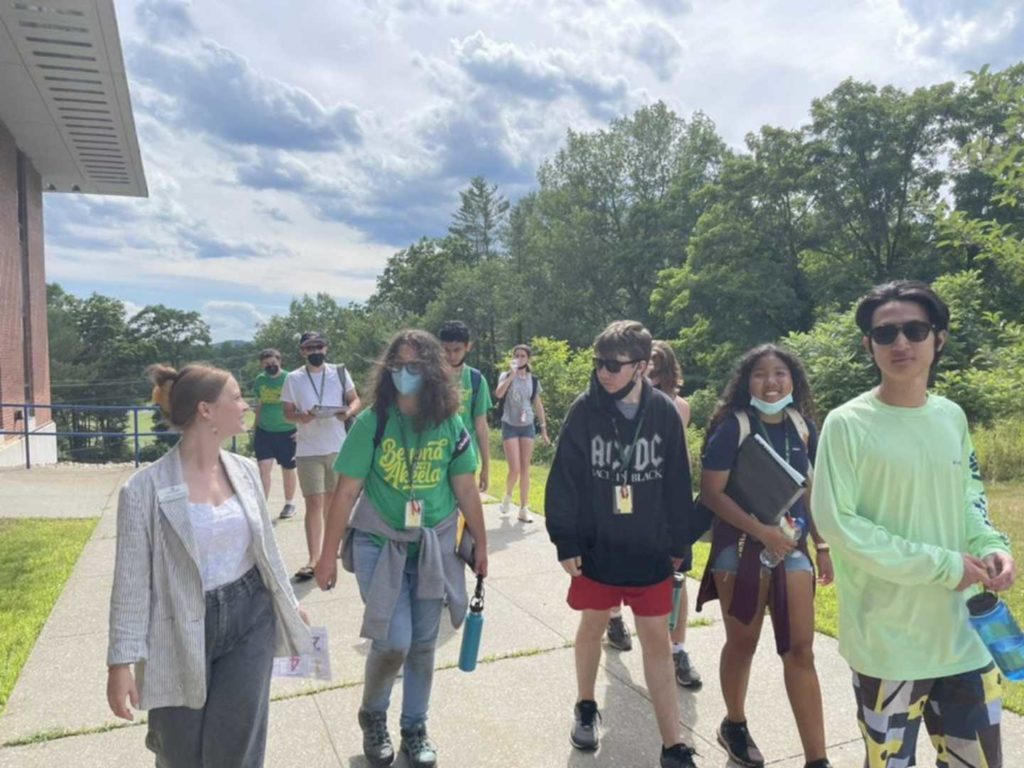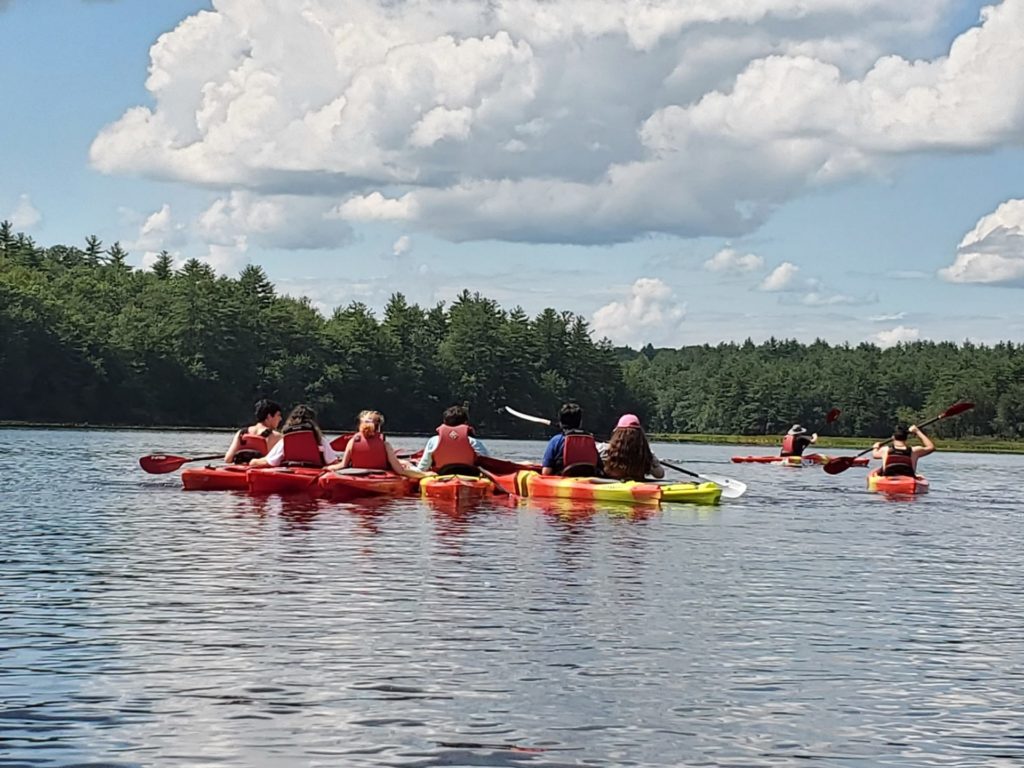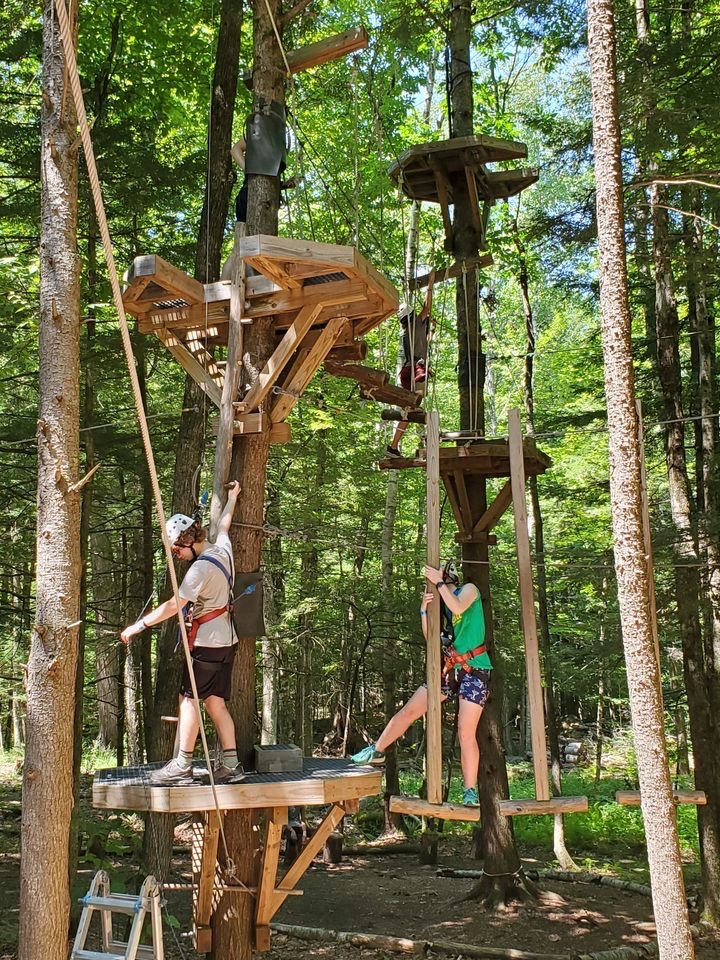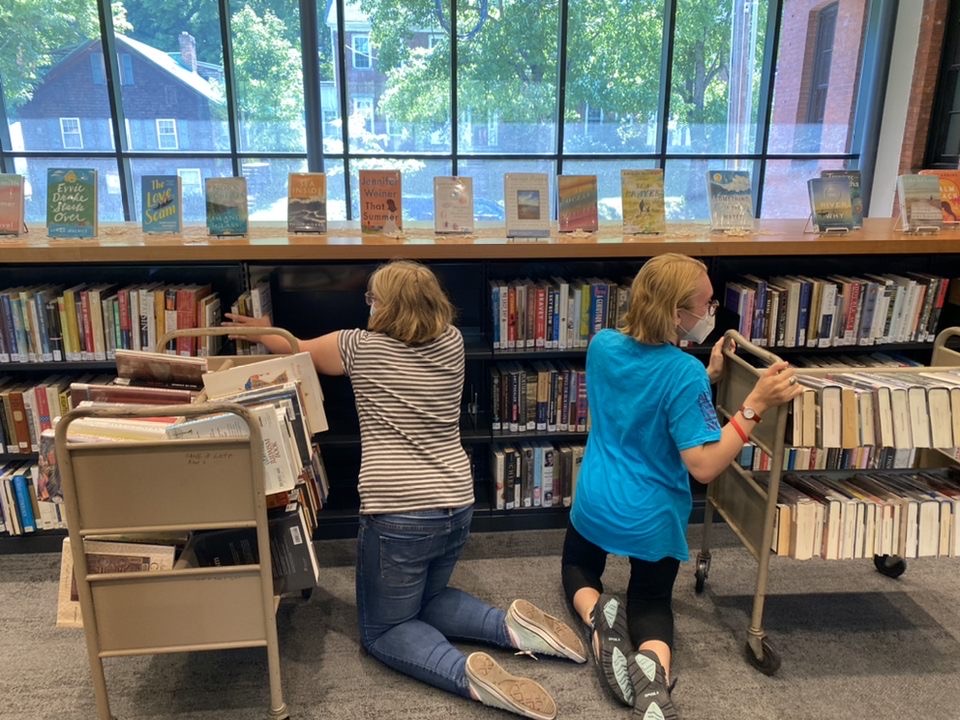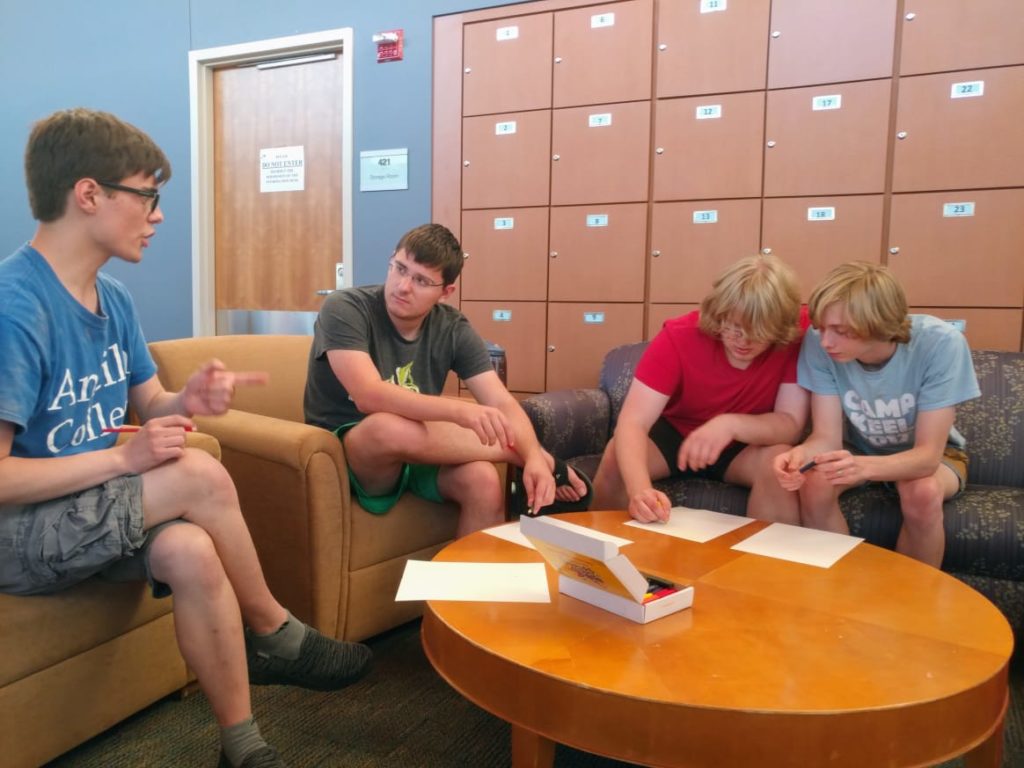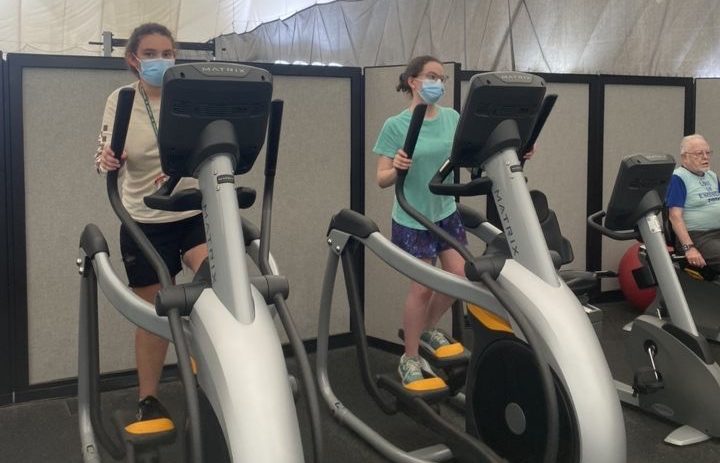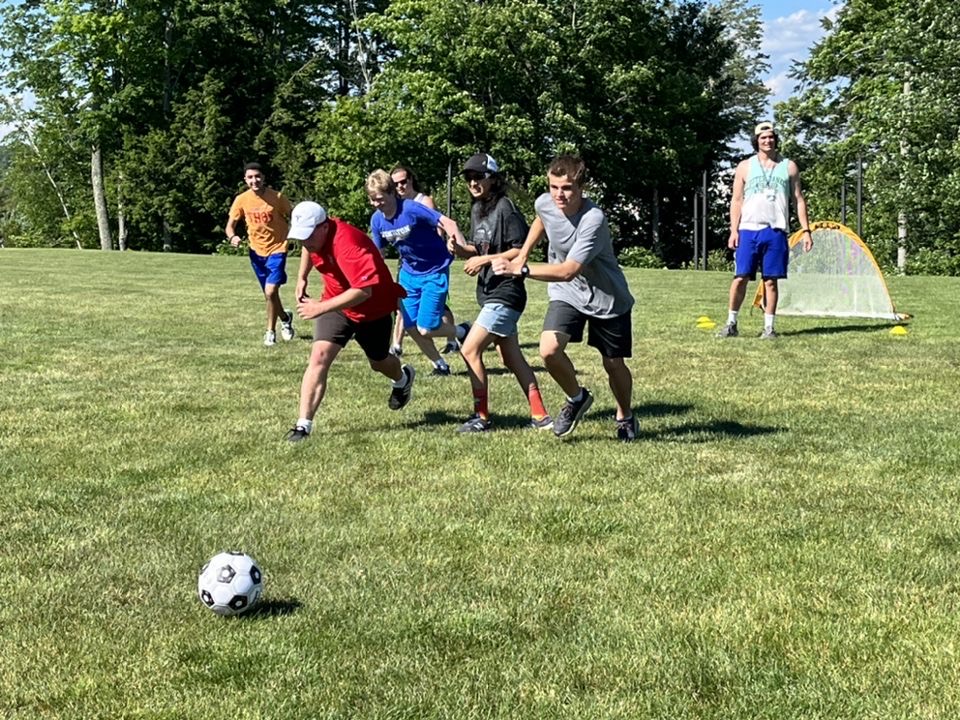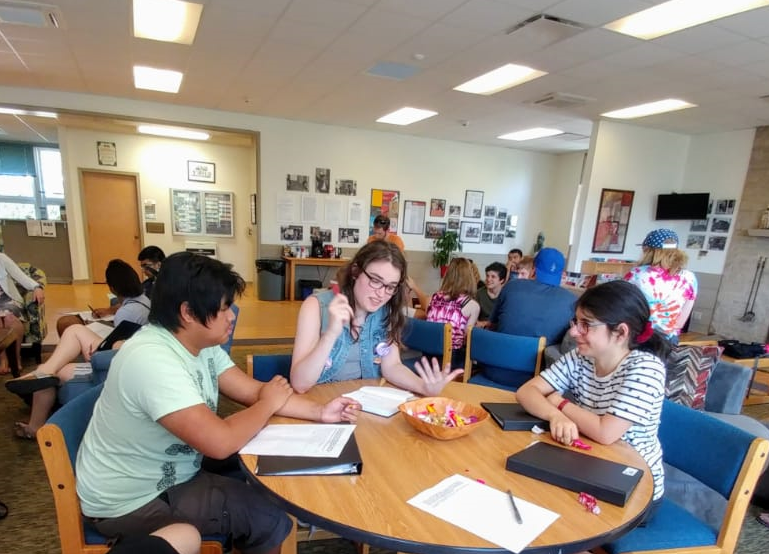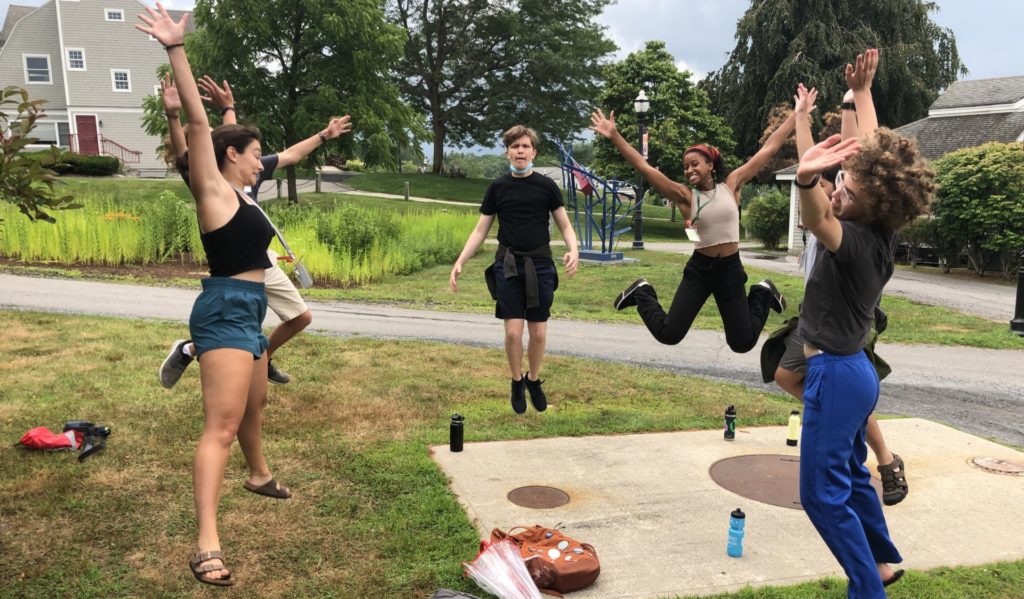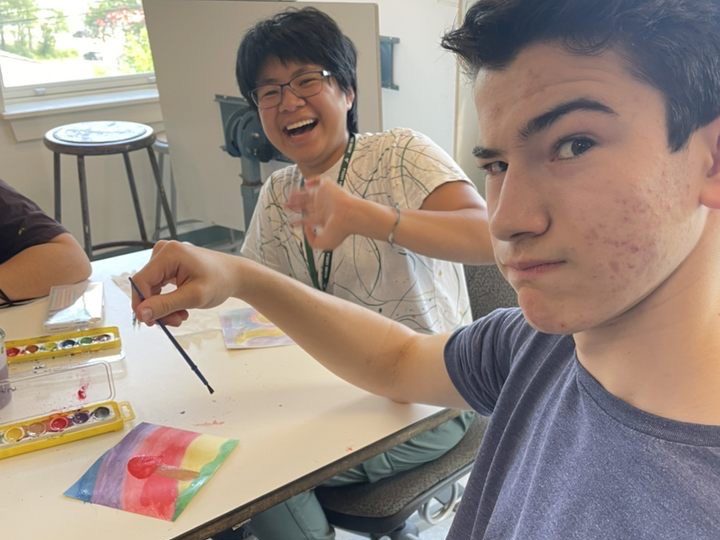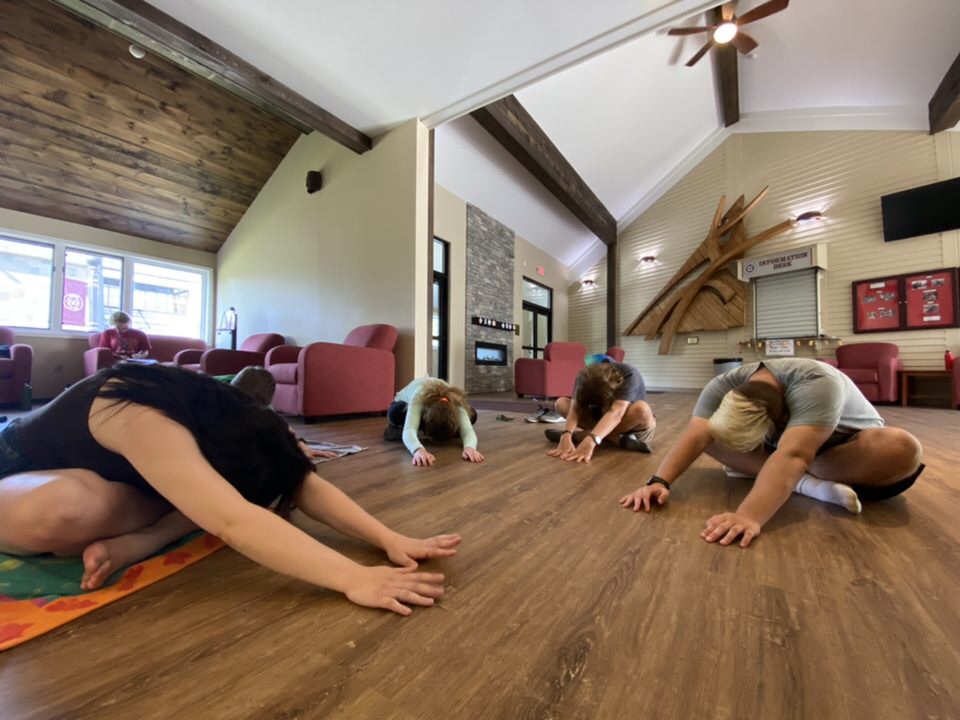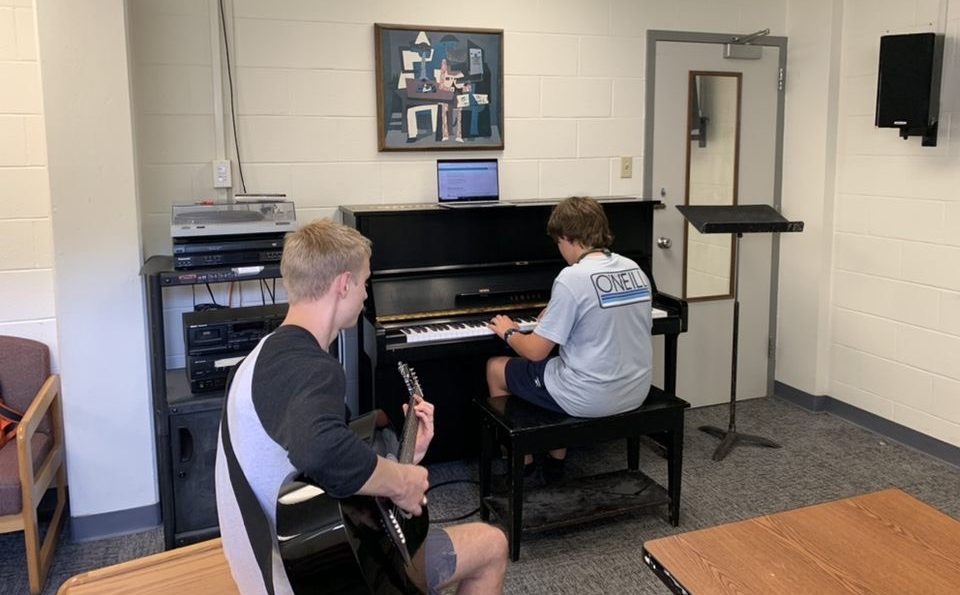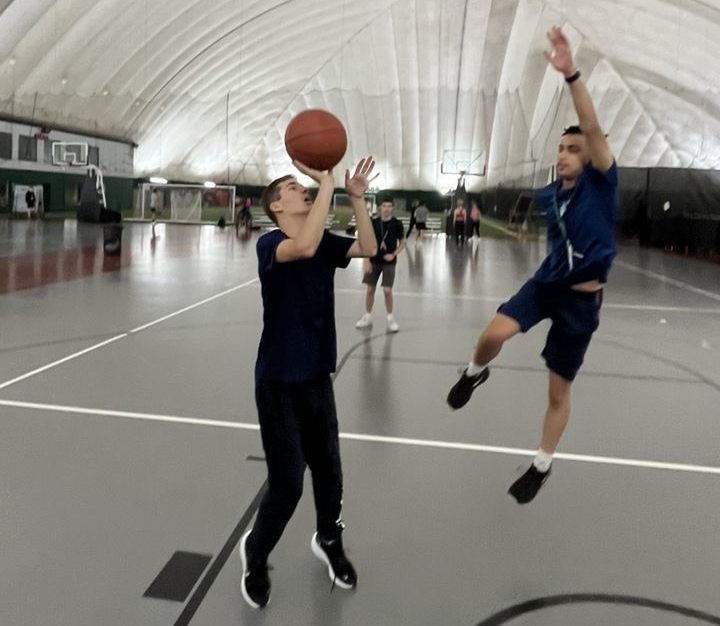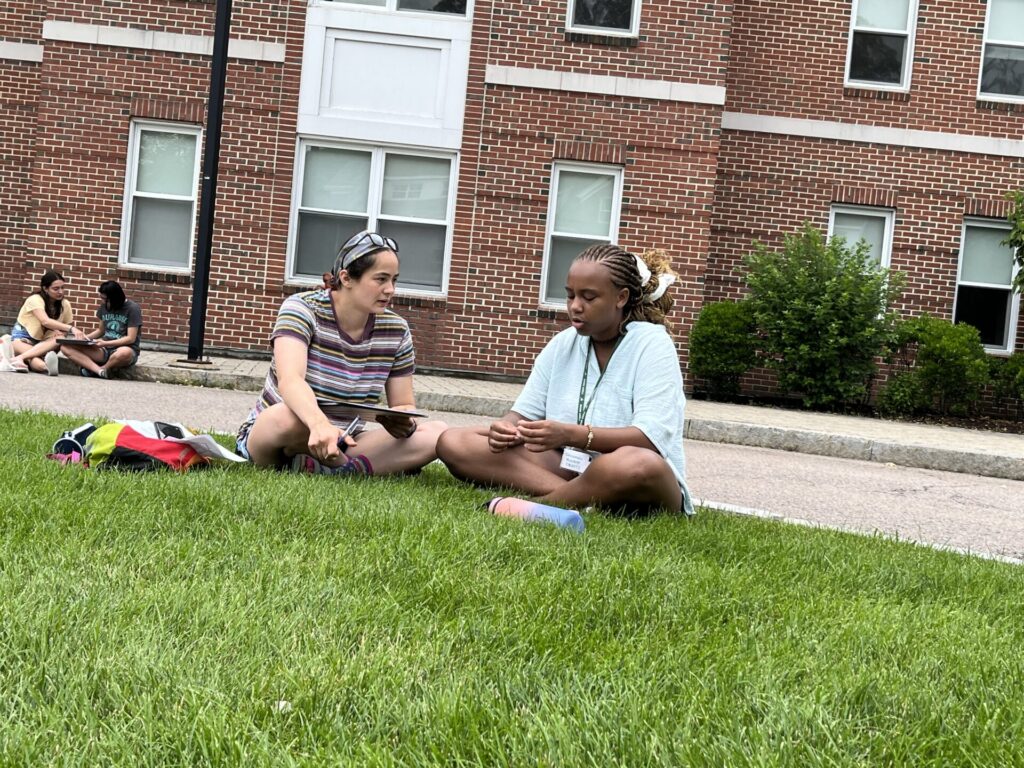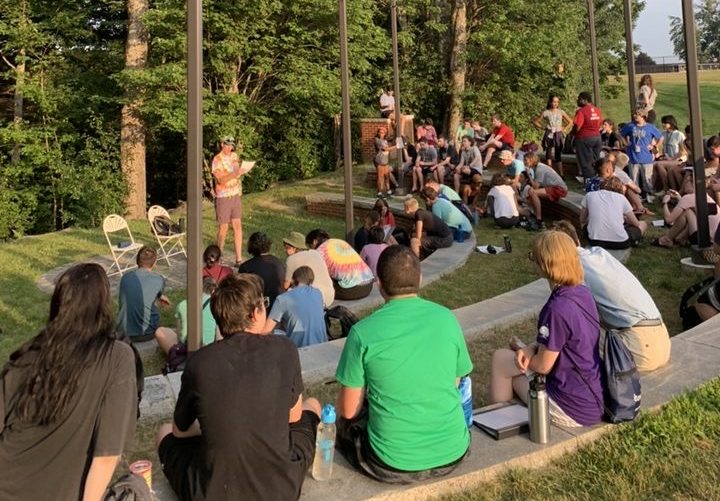Summer 2025 was filled with incredible people, experiences, and triumphs. We’re so grateful to be part of our community of resilient and growth-oriented young people. Fortunately, this is a constant in our community that we have grown used to, but do not take for granted. It’s hard to put into words how we feel about each summer as a standalone experience. There are endless memories, challenges, and moments of success in each summer that make it unique to others. Those stories are created and held sacred by the teens and staff who call Beyond Akeela home for the summer. While the stories may be similar year-to-year, they are unique to the individuals who carry them with them. Here are some of the highlights from Summer 2025!
Experiential Learning Course
Through our partnership with Curry College’s Neurodiversity Center for Excellence, we offered Beyond Akeela teens the opportunity to take a 1 hour credit Experiential Learning course! The course was designed to help teens build awareness of their learning strengths and areas of support need. Through the class experience, students applied their enhanced awareness of their learning profiles in collaborative group projects. 20 students took the course and walked away from Beyond Akeela with a college credit under the belt!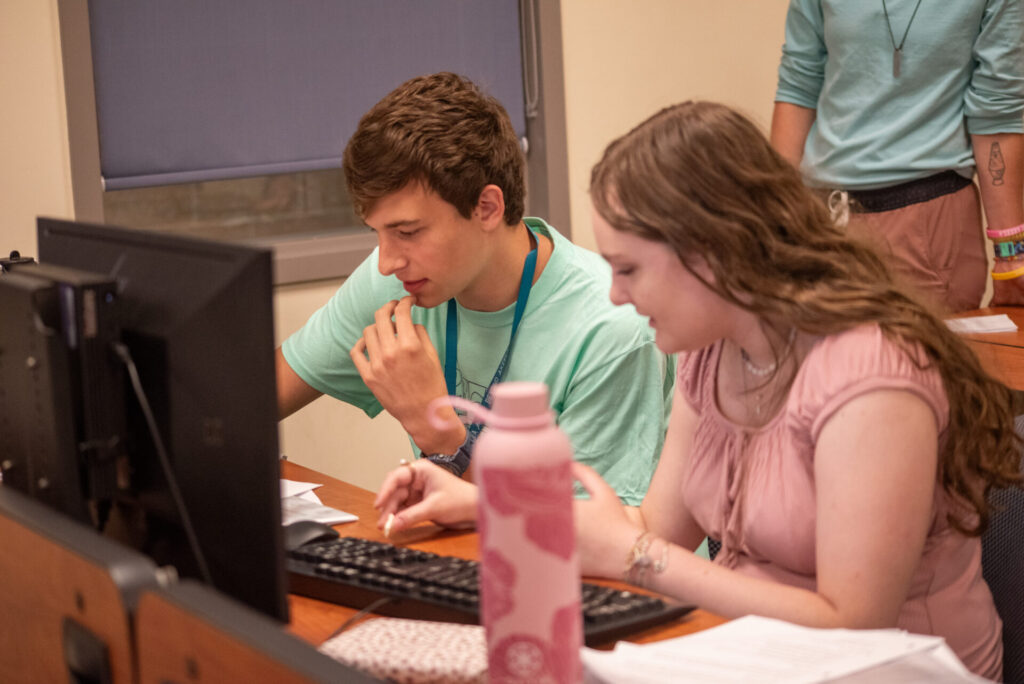
New Trips!
We added three new trips that were all big hits for our teens this summer!
- Arnold Arboretum – Teens spent an afternoon in one of Boston’s most beautiful and quiet green spaces.
- JFK Presidential Library & Museum – Our history buffs loved checking out this must-see attraction in Boston. The special Presidential Pets exhibit was a crowd favorite!
- Wachusett Mountain Hike Day – A great hike with a great view up top! Teens caught a glimpse of Mount Monadnock (right next to our old home!) and Boston’s skyline (right next to our current home!).
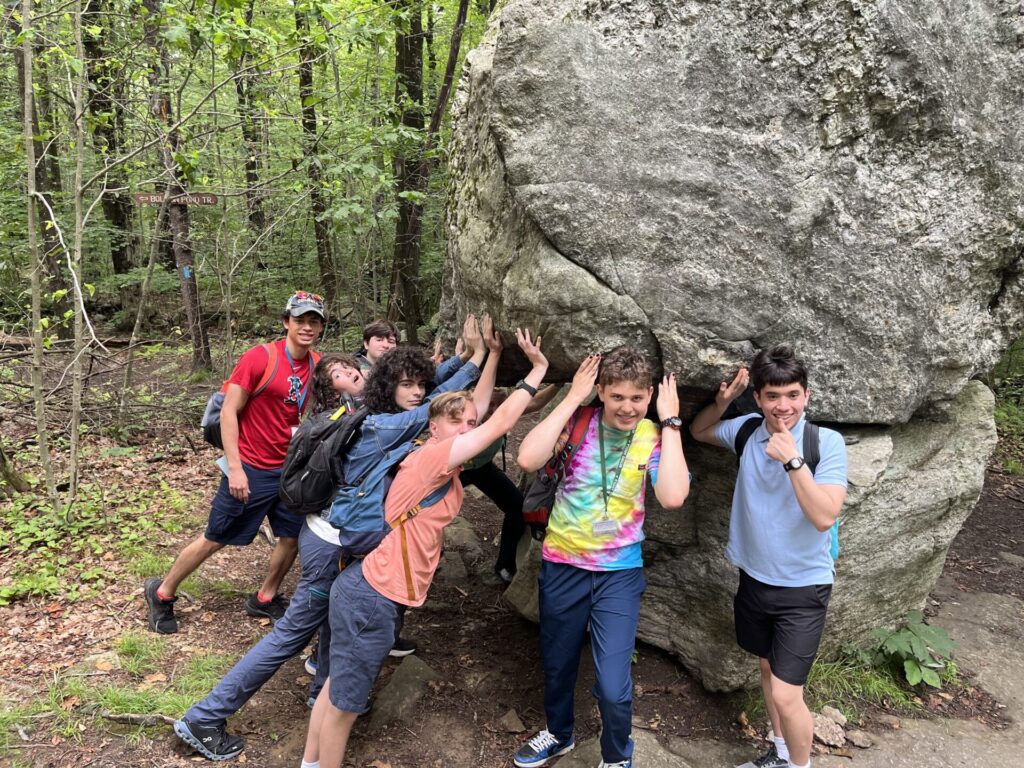
New Skills Acquired
We could rave about the transformations we saw in our teens, but what truly makes Beyond Akeela special is the translation of skills from camp to home. Here’s what parents had to say after their teens returned home:
He is more confident and self-sufficient. It is a remarkable change and we can see how he has grown. He is responsive when asked to do something. He is staying in touch with people and we hear him on the phone–for hours–connecting with his new friends. He is doing laundry, clearing dishes, etc. It is easier to redirect him when he needs a nudge. He has really grown into himself and is problem solving with greater independence.
She is happier! She feels an increased level of motivation and independence. She seems to be thinking about her future post high school in more concrete terms.
He has embraced more independence and responsibilities. For example, he is in HS classes which count for credit at our large state university. He needed to complete an enrollment form. I pinged him about it, and he had already completed it! That would never have happened before. It would have taken several pings and would be done the day it was due. But this was done a week in advance! Also – he has leaned into his cross country more, and I think it is because he realizes exercise is essential to managing his ADHD. He also has used his planner every day for the first 2 weeks of school. Lastly, I think he has been more on board with trying different strategies and talking to us about what is working well and what is a challenge.
Ready for another summer!
We will never forget summer 2025. It was a truly amazing experience, filled with great community members. Applications are now open for summer 2026, and we can’t wait to create more memories and transformative experiences next year!
Connect with us to learn how Beyond Akeela can support your teen’s college readiness journey!


